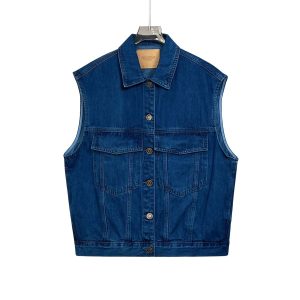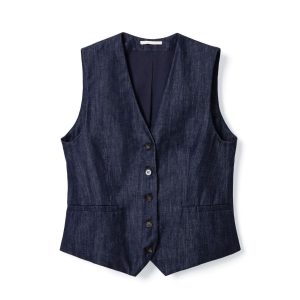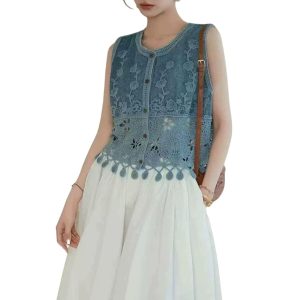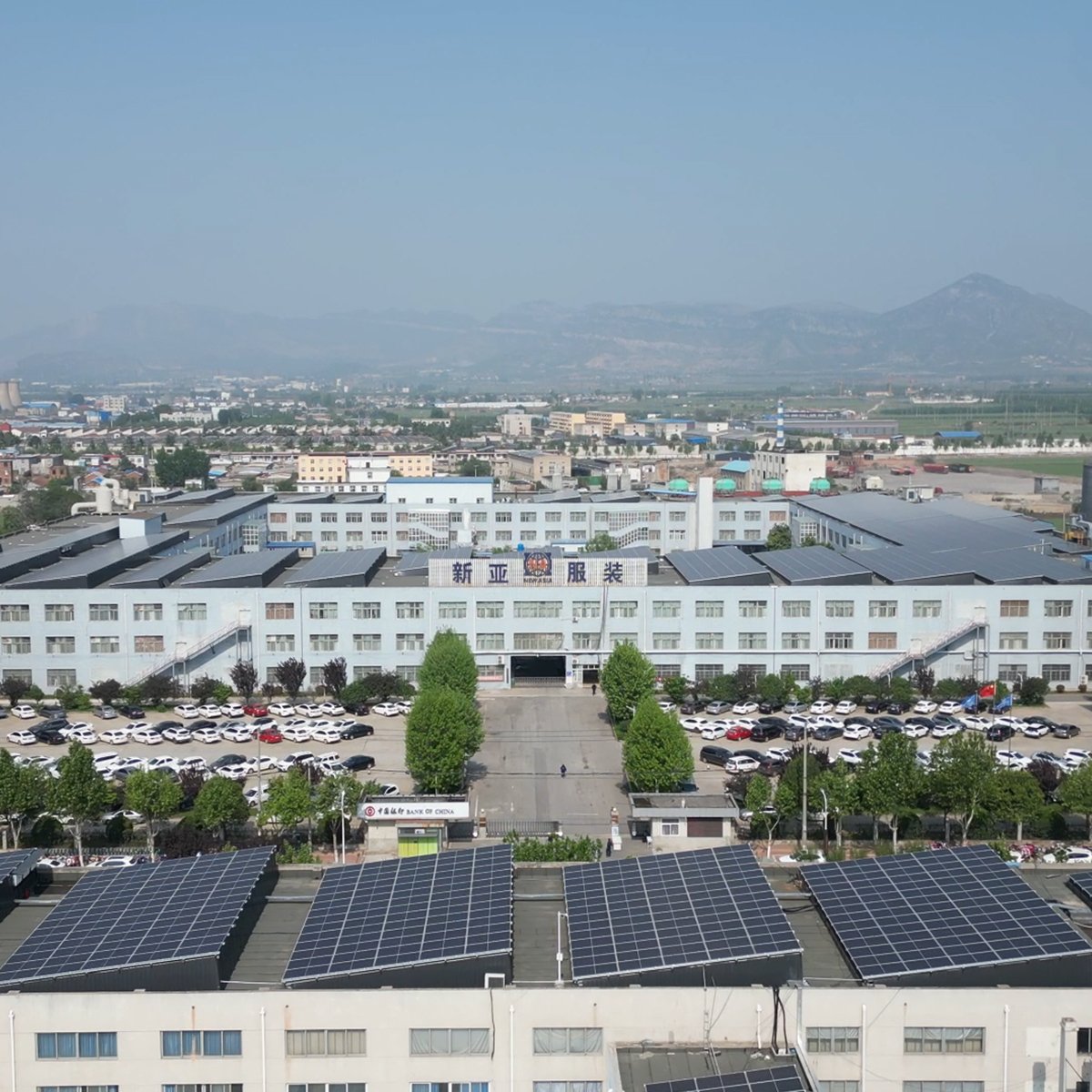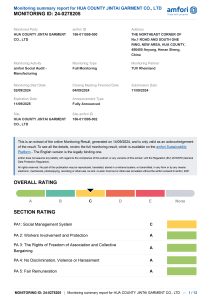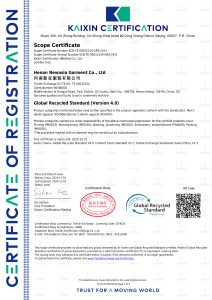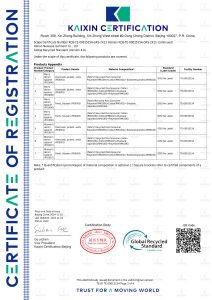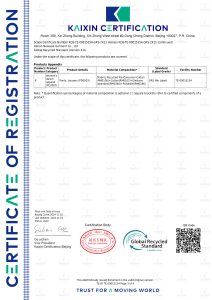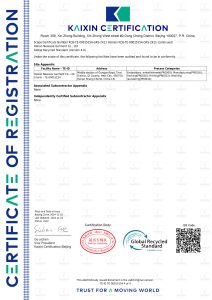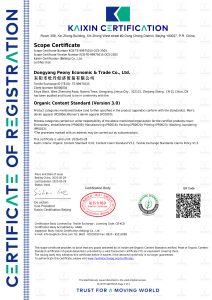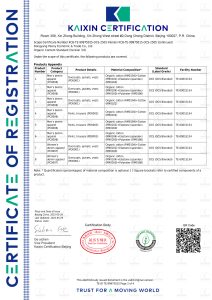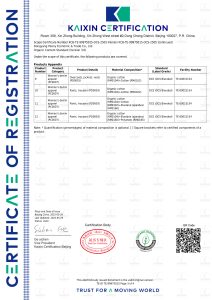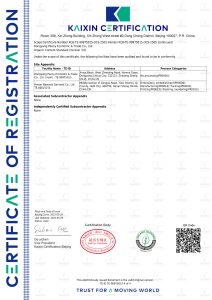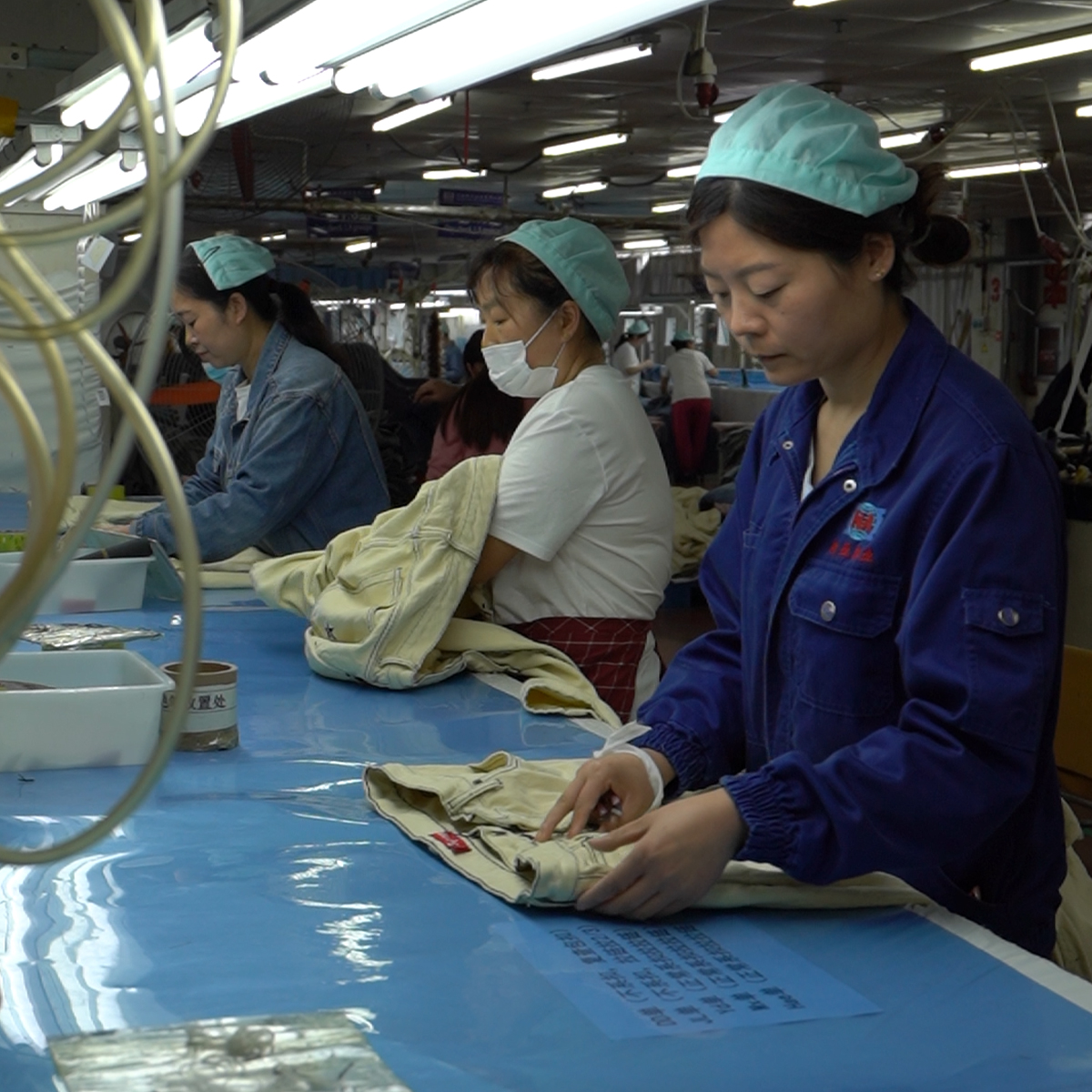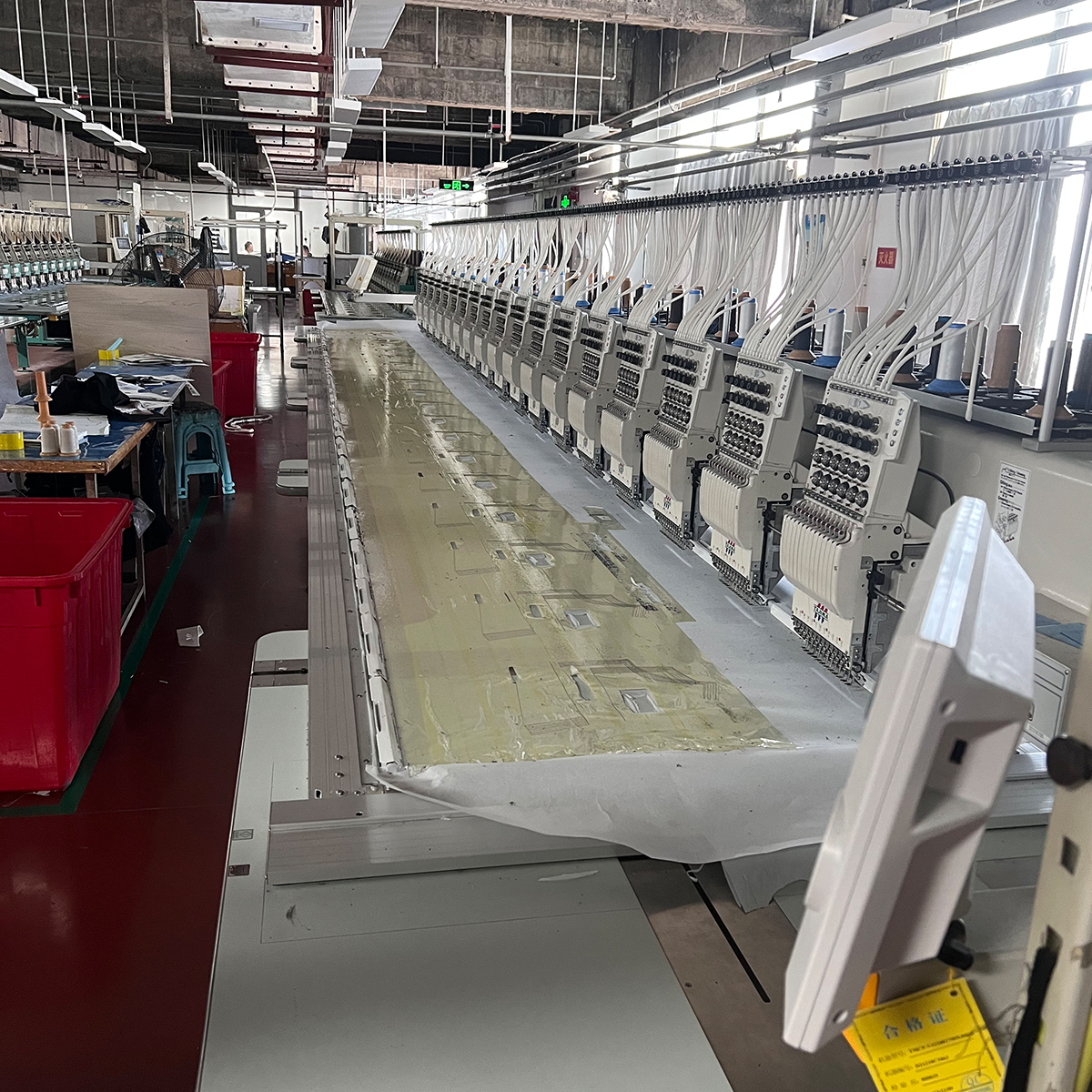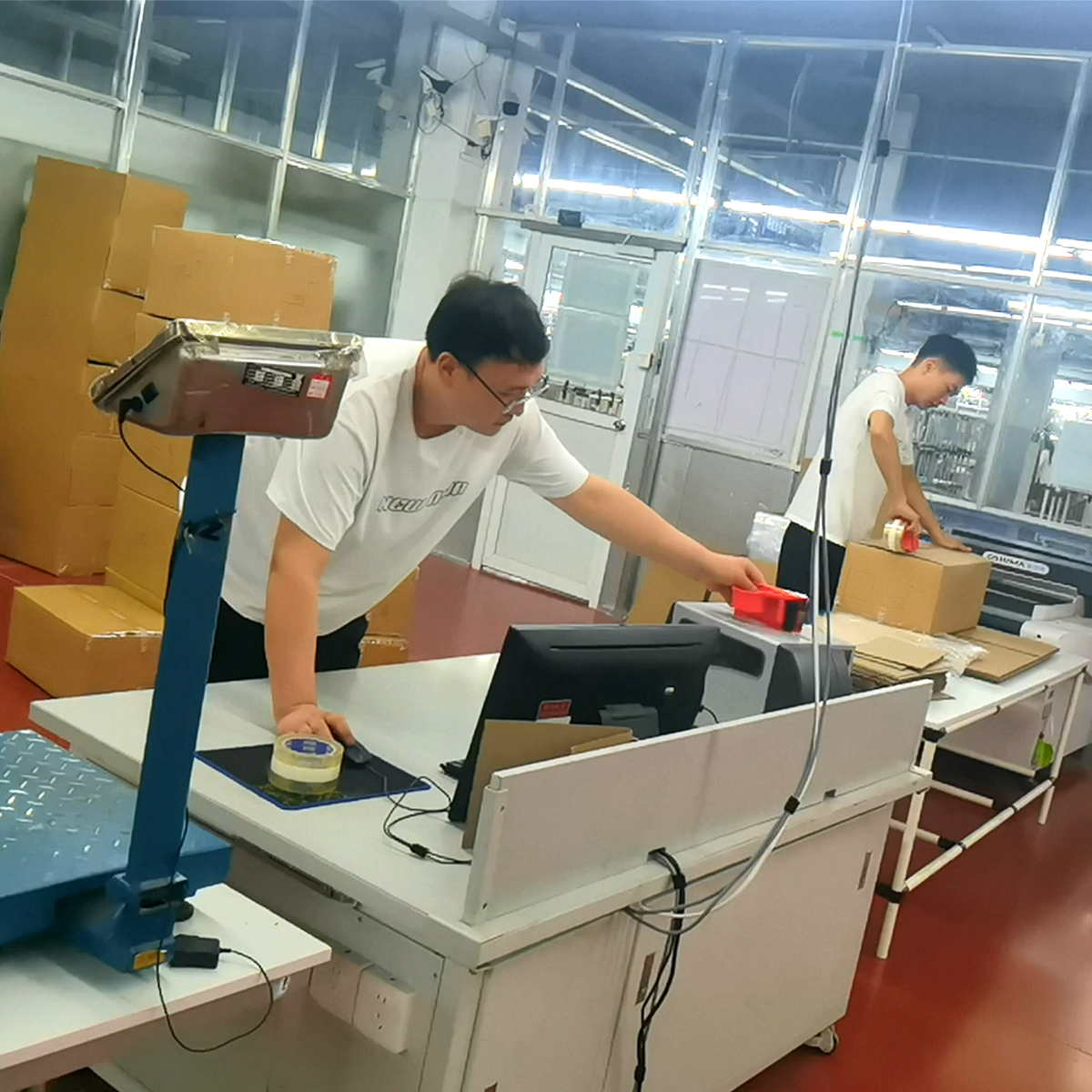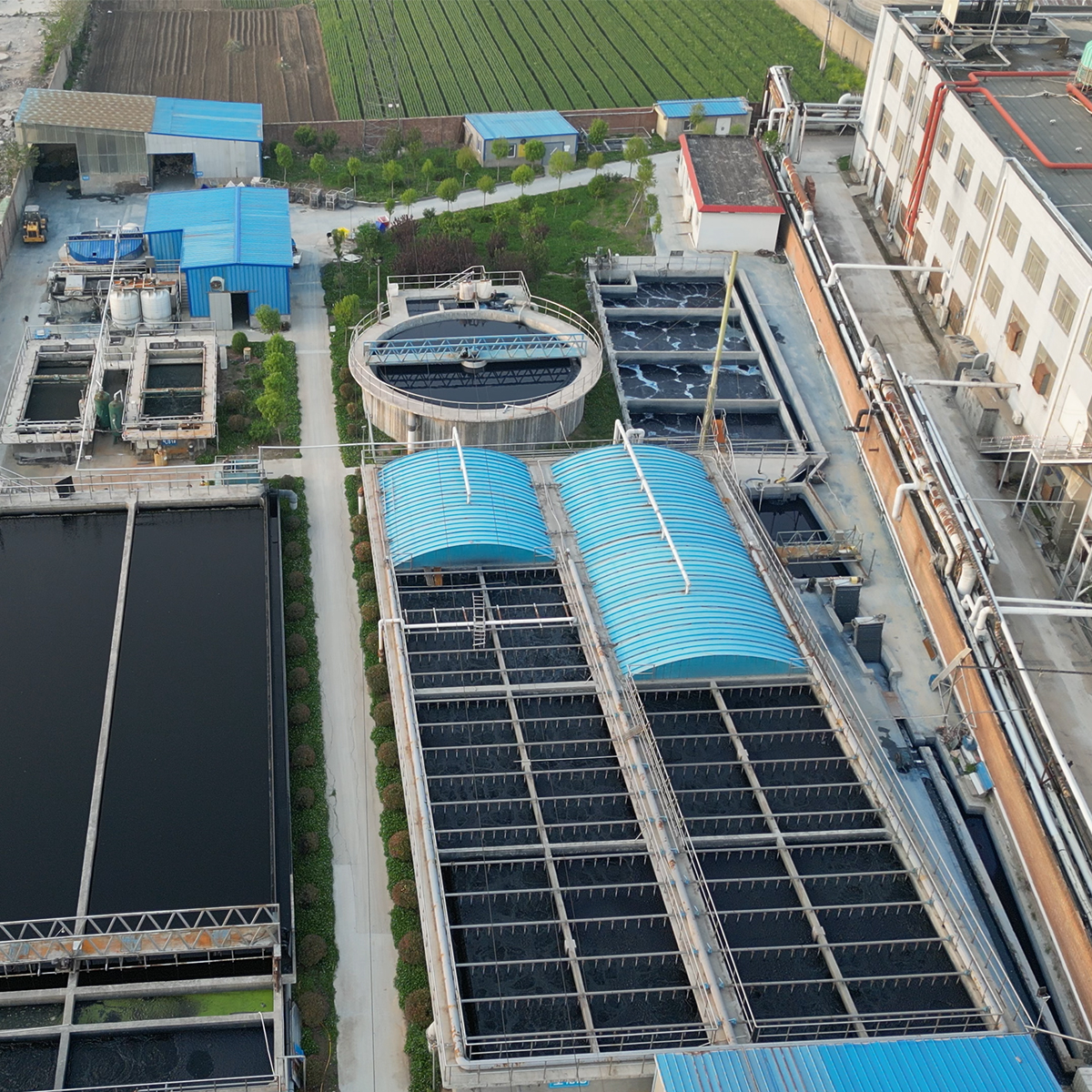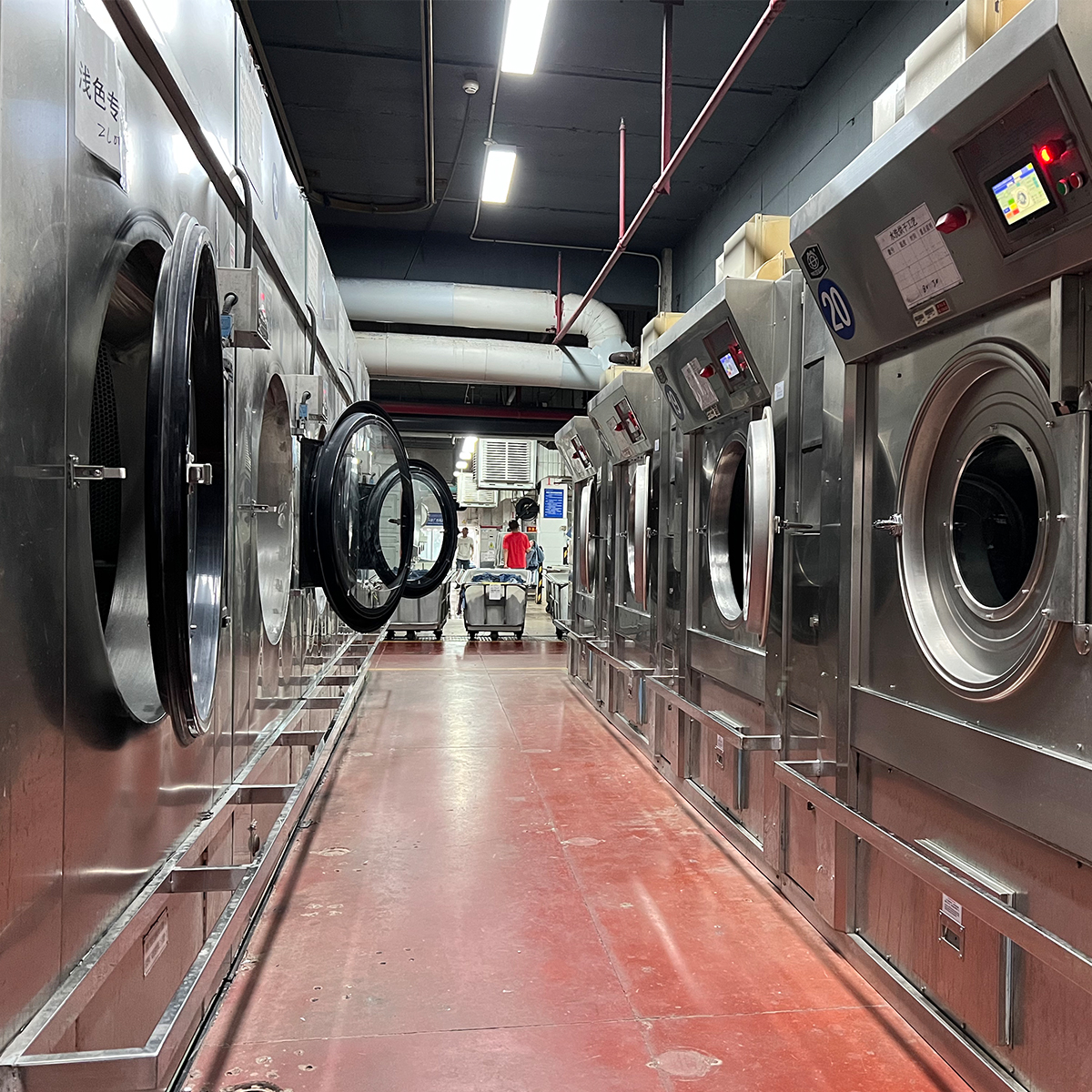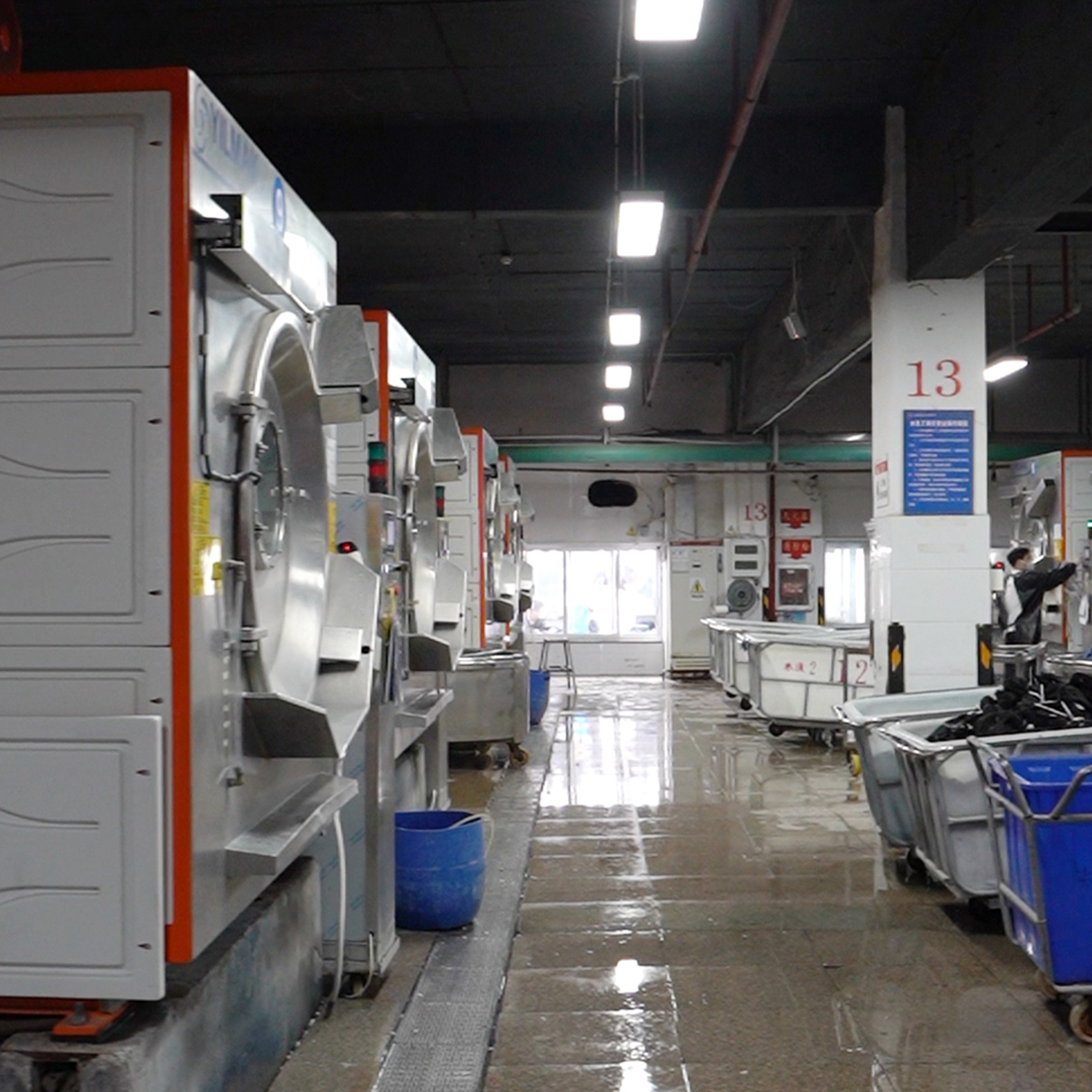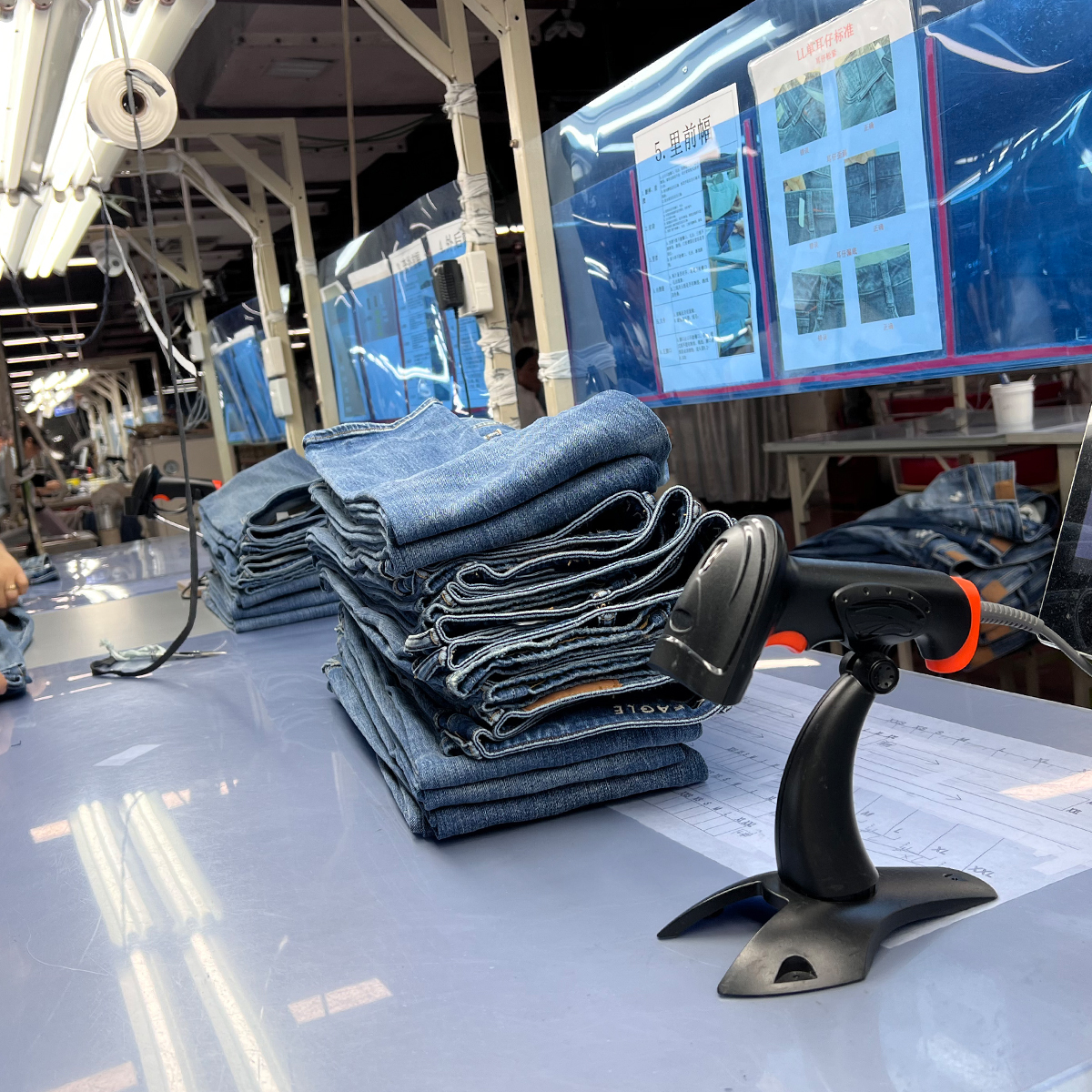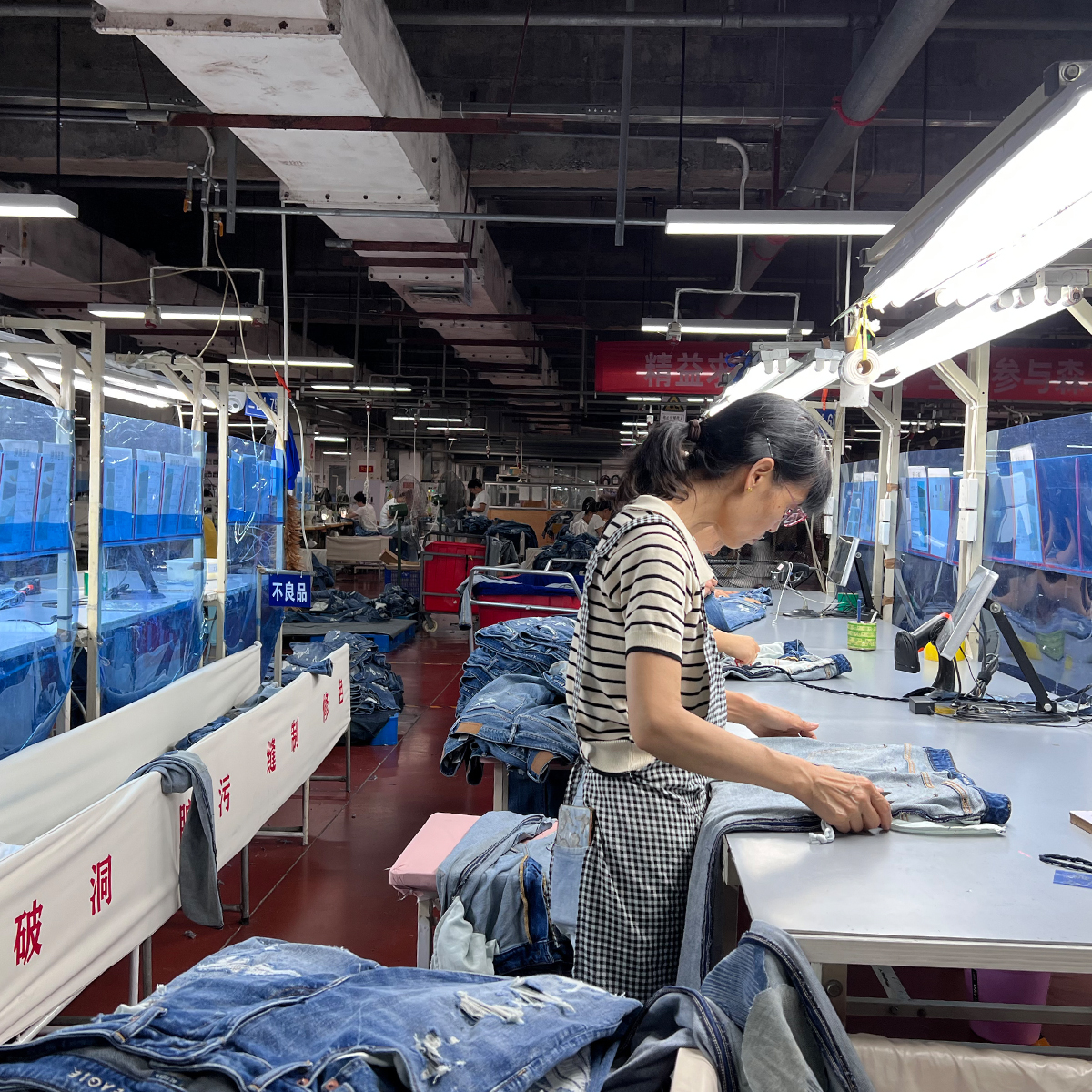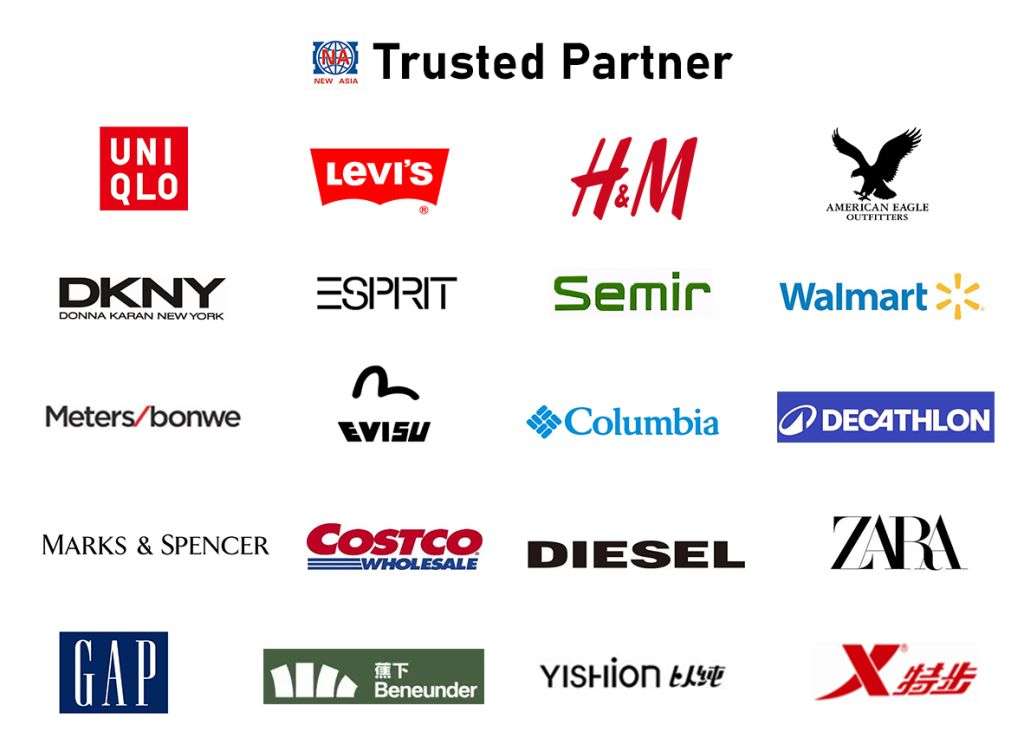Jeans have become an indispensable wardrobe staple across the globe. From casual outings to high-fashion runways, jeans embody versatility, comfort, and timeless style. Behind the scenes, a multitude of manufacturers work tirelessly to produce the jeans that millions of people wear daily. In 2025, the denim industry is more dynamic than ever, driven by innovations in sustainability, fabric technology, and ethical production practices. In this comprehensive guide, we explore the leading jeans pants manufacturers revolutionizing the market and setting new standards for quality and responsibility.
Historical Evolution of Jeans Manufacturing
The journey of jeans manufacturing began in the mid-19th century with Levi Strauss & Co., which revolutionized workwear with durable denim pants for miners and laborers. Over the decades, numerous brands and manufacturers have entered the scene, offering diverse styles, fits, and price ranges. The industrialization of denim production propelled the mass manufacturing of jeans, making them accessible worldwide. Modern innovations have transitioned the industry from purely functional garments to fashion statements, emphasizing sustainability and ethical practices.
Major Players in the Denim Manufacturing Industry
Levi Strauss & Co.
As the pioneer of denim jeans, Levi’s remains a dominant force in the industry. Their emphasis on quality, durability, and classic styles has cemented their position. Recently, Levi’s introduced eco-friendly lines utilizing waterless dyeing techniques and organic cotton, reflecting their commitment to sustainability.
Nudie Jeans
Nudie Jeans is renowned for its commitment to organic and recycled materials. Their transparent supply chain and efforts to promote fair labor practices have garnered a loyal customer base. They also encourage customers to repair and denim reuse, fostering a circular economy.
Wrangler
Founded in 1947, Wrangler specializes in rugged, durable jeans for active lifestyles. Their innovative designs incorporate stretch fabrics and ergonomic cuts for enhanced comfort. Wrangler is also investing in sustainable production processes to reduce environmental impact.
AG Adriano Goldschmied
A premium denim brand, AG focuses on high-quality craftsmanship and American heritage aesthetics. They integrate eco-friendly practices like water-saving manufacturing and sustainable fibers into their collections.
Emerging Trends in Denim Manufacturing
Eco-Friendly and Sustainable Fabrics
The industry is pivoting toward sustainable textiles. Organic cotton, hemp, recycled polyester, and Tencel lyocell are increasingly used to reduce environmental footprint. Manufacturers are adopting innovative dyeing techniques such as laser and ozone washing that cut water and chemical use significantly.
Advanced Manufacturing Technologies
Automation and robotics are reshaping production lines, enhancing precision and efficiency. CAD (Computer-Aided Design) tools facilitate rapid prototyping of new styles, while 3D knitting minimizes waste. These technological advances lead to quicker turnaround times and reduced material wastage.
Customization and On-Demand Production
Consumers are seeking personalized denim options. Brands are offering custom fits, washes, and details through online platforms, reducing overproduction and excess inventory. This shift towards on-demand manufacturing emphasizes sustainability and customer satisfaction.
Challenges Facing Denim Manufacturers
Despite advancements, manufacturers face several challenges including fluctuating raw material costs, maintaining ethical labor standards, and balancing sustainability with affordability. Additionally, the global supply chain disruptions caused by geopolitical and health crises have underscored the need for resilient and transparent manufacturing processes.
Top Manufacturing Countries and Their Contributions
China
Leading in scale, China produces a significant portion of the world’s denim at competitive prices. Many brands source their raw denim from Chinese factories equipped with modern machinery.
Bangladesh
Bangladesh has emerged as a major hub for affordable denim manufacturing, with extensive capacity and a focus on export-driven growth. However, working conditions and environmental standards are areas of ongoing concern.
Turkey
Known for high-quality craftsmanship, Turkey offers a balance between cost efficiency and product excellence. Many premium brands source denim and finished jeans from Turkish factories.
United States
While production costs are higher, the US remains influential through boutique and sustainable manufacturers that prioritize quality, ethical labor practices, and innovation. Brands emphasizing ‘Made-in-America’ manufacturing are gaining traction among conscious consumers.
Sustainable Practices and Ethical Responsibility
The future of denim manufacturing hinges on responsible practices. Certifications such as Fair Trade, B Corp, and OEKO-TEX are increasingly being adopted to ensure ethical labor conditions and low chemical use. Recycling and upcycling initiatives are prominent, with some companies creating lines from post-consumer waste or old jeans, closing the loop in denim production.
Innovative Fabrics Transforming Denim
Technology has introduced fabrics that mimic traditional denim’s durability while offering enhanced softness and stretch. Innovations include biodegradable fibers, waterless dyeing, and fiber blends that improve environmental and physical performance.
Conclusion
The landscape of jeans manufacturing is evolving rapidly, driven by technological innovations, consumer demand for sustainability, and a commitment to ethical practices. Leading manufacturers are setting examples through eco-friendly processes, transparency, and the pursuit of quality. As the industry progresses, the collaboration between brands, suppliers, and consumers will be crucial in shaping a sustainable, innovative, and responsible denim future.



